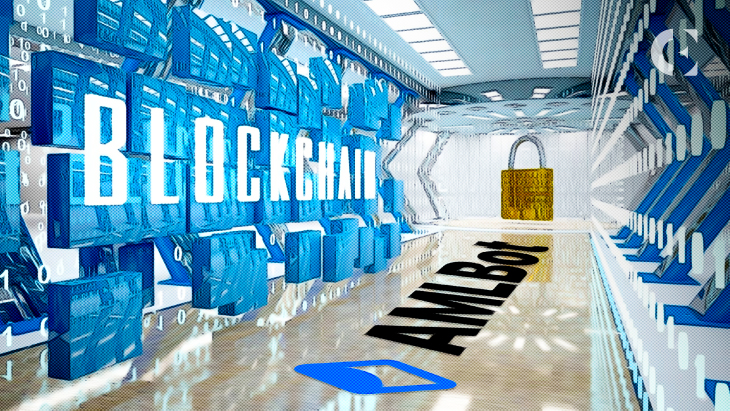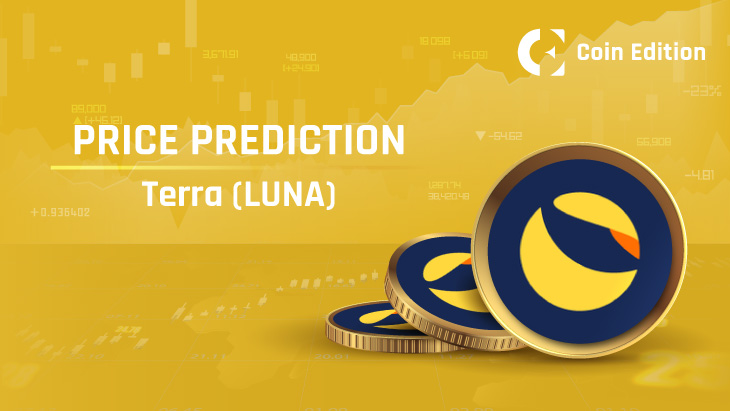While the space is evolving with industry-wide innovations, scams and illicit activities put crypto under regulatory scrutiny. Today, an average user has to do their due diligence regarding the assets they invest in and the trading platforms they use, so they don’t risk losing their holdings.
However, scams are only one of the risks they face. Due to the immutability of the blockchain, the coins you own bear the mark of the people and entities who owned and used them before. At the same time, crypto’s anonymity makes it one of the most popular mediums for getting ransom and laundering money.
Holding assets that are connected to illicit activities poses high risks for your transactions, funds, or accounts getting banned by centralized payment services or exchanges. So, how can you know if your crypto assets are dirty — and what to do in case they are?
Understanding the Risk Factors of a Crypto Wallet
Centralized exchanges and platforms generally assess funds based on three specific risk factors.
Firstly, such platforms determine the percentage and source of risks tied to a wallet. Risks up to 10% are usually tolerated; the platform assesses anything beyond that under their compliance guidelines. However, platforms might even ban wallets with low-risk scores if the source of the funds is illegal or prohibited activities. For instance, if your wallet funds are associated with gambling, it is highly likely to be blocked and banned, even if the risk score is low.
The second risk factor is the number of steps the between the wallet owner and the illicit transaction. Centralized exchanges check how many steps it took for an identified risky transaction to reach the wallet owner. Suppose there are fewer than five between both parties. In that case, the centralized entity is highly likely to block the assets, as it often means the owner is connected with illicit activities.
And lastly, centralized platforms assess risks based on the amount of money being transferred. Each platform has its own policy in terms of the amount of suspicious funds tolerated: for instance, Binance blocks or flags wallets with more than 1% of its funds tied to gambling.
Checking Your Wallet
Despite the innovation to make the space safer for the growing number of crypto users, it’s a good idea to take responsibility for the security of your funds. So how can individuals using or holding crypto assets ensure that their wallets are not associated with risky activities?
The best approach is to use popular and highly recognized third-party wallets with built-in risk assessment tools. For instance, AMLSafe is a next-gen crypto wallet that is integrated with the advanced AML (anti-money laundering) checker module. Any funds coming into the wallet are scanned, traced, and assessed in real-time to identify their possible risk score. Therefore, you can always stay assured whether your wallet funds are tied to ‘dirty money.’ The AMLSafe wallet will provide you with a detailed report associated with your funds.
What Should Users Do if Their Wallets Are Contaminated?
First, it’s a good idea to verify the source of transactions, especially if the wallet is unhosted. A good general practice is to check the wallet address via AML checker before transacting with it. This checker uses intelligent modules to search the blockchain in real-time and assess its source and potential associations. Using this tool to verify wallet addresses before transacting will help you stay away from ‘dirty’ wallets.
If you have already transacted with a risky or illegal source and your wallet has a high risk score, then it’s highly likely that your funds will be blocked or flagged by centralized platforms. In such cases, always be honest and create a base proof showing why your wallet received a high-risk score. If your explanation and evidence are solid, centralized entities might release funds after an audit and investigation.
To sum it up, being cautious before transacting with an unknown entity can save you a lot of trouble. Always check new wallet addresses and assess the risks — otherwise, your valuable assets might become compromised.
Speaker: Slava Demchuk, founder of AMLSafe
Slava Demchuk is a co-founder of AMLBot, CEO of PureFi and founder of AMLSafe, companies that specialize in crypto AML/KYC compliance and security. Slava is an experienced C-level executive, visionary and AML specialist, сertified by the European Institute of Management and Finance (EIMF).
Disclaimer: The information presented in this article is for informational and educational purposes only. The article does not constitute financial advice or advice of any kind. Coin Edition is not responsible for any losses incurred as a result of the utilization of content, products, or services mentioned. Readers are advised to exercise caution before taking any action related to the company.






